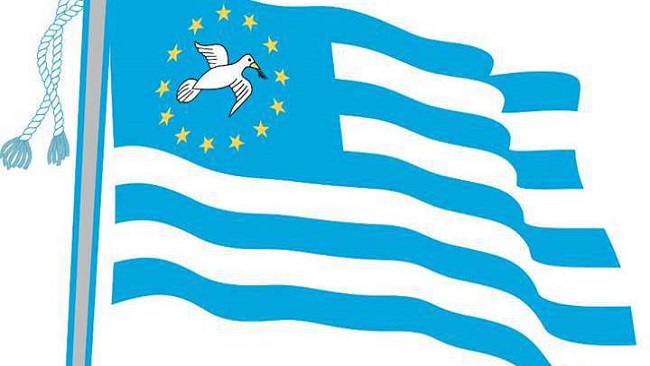Biya Francophone regime grants ‘special status’ to Southern Cameroons. They don’t feel special
In the last week of 2019, Cameroon’s parliament approved a bill that will grant “special status” to the country’s two Anglophone regions. This initiative was a result of the Grand National Dialogue that the government convened in October purportedly to resolve the war of secession that has killed at least 3,000 people and displaced over half a million since its outbreak in 2017.
The government says that awarding “special status” to the English-speaking Northwest and Southwest regions will give Cameroon’s Anglophone minority greater autonomy over local affairs and settle historical grievances. According to the administration of President Paul Biya, this will mean secessionist forces will no longer have a reason to fight.
For their part, separatists have roundly rejected the measure as illegitimate. This is at least in part due to the fact it emerged out of a Grand National Dialogue that few outside of the ruling CPDM party regarded as a genuine effort to end the conflict. All secessionist factions as well much of civil society boycotted the talks, while opposition politicians that did attend, such as Akere Muna, walked out in protest over the lack of discussion on controversial topics such as the form of the state.
How special is special?
Nonetheless, it is worth examining the contents of the “special status” on its own merits.
To begin with, there is everything that will not change under the bill. For instance, the president will still appoint governors – who can come from outside the region and be Francophone – to manage state policy at the regional level. The central government in Yaoundé will still select Divisional Officers to govern districts. Meanwhile, the national government will retain significant control over local government resources, including the power to seize council-owned land “where national defense or public order requirements dictate”.
The bill also continues the government’s preference for establishing national committees to discuss contentious issues such as decentralisation and local finance, an approach that has led to little change over several years.
What will change?
Perhaps most significantly, the bill will establish various indirectly-elected organs with semi-administrative responsibilities. Each region will have a new bicameral Regional Assembly made up a House of Chiefs composed of 20 traditional leaders and a House of Regional Representatives composed of 70 members. The latter will be selected by municipal councils, but it is not specified how the chiefs will be chosen. The two Anglophone regions will also institute a new Regional Executive Council composed of eight members to be selected by regional councils. What powers the Regional Assembly and Regional Executive Council will have, however, remains unclear. In many cases, it is likely their responsibilities will largely be determined by laws implemented in Yaoundé.
The bill also gives mayors additional powers regarding educational and medical institutions in their municipalities, but it does not change the underlying governance structure that has allowed Yaoundé to manage the affairs of local municipalities for decades.
Continuing the war
Although the bill has been passed, the government has not yet provided a timeline for its implementation. This is significant given that it is renowned for taking an extraordinarily long time to implement initiatives. At the moment, the government is also focusing much of its attention and resources on the legislative and municipal elections scheduled for early-February.
In the meantime, it is notable that its combative military operations have continued. On New Year’s Day, for example, the military burnt down a village in the division of Lebialem. It has also been detaining large numbers of young men in urban areas of the Southwest region. In many instances, detainees have been taken to a secret detention facility in Buea and subjected to severe torture until their families pay a bribe to get them released. In his New Year’s address, President Biya reiterated a hardline message by promising that the military would carry out its duty “without weakness”, while there have been continuous deployments of military personnel to the two Anglophone regions in recent weeks.
The secessionists, who are internally extremely divided, have maintained unity in declaring the “special status” as illegitimate. They have also denounced the upcoming legislative and municipal elections and have said that they will use force to prevent them from taking place in the two English-speaking regions. They have acted upon this by burning down the homes of two parliamentarians and kidnapping more than twenty politicians of the opposition SDF party, threatening to kill them if they do not disavow their party allegiance. They also announced a planned five-day lockdown around the elections to prevent people from voting.
All of these events come as the so-called Swiss Process, aimed at resolving the conflict through dialogue, appears to have reached a stalemate. The Cameroonian government insists the “special status” initiative is sufficient to address the grievances of the Anglophone population, while secessionist leaders have not met since autumn 2019. There has been intense infighting among separatist factions, including a recent mutiny that resulted in a commander by the name of “General Divine” being killed by his own fighters. While some fighters remain adamant their struggle will lead to independence, others have given up on it entirely.
In all likelihood, this means that the two sides will continue to fight whilst wreaking havoc on civilians in the two Anglophone regions. The special status bill will do little to change this.
Source: African Arguments.Org





